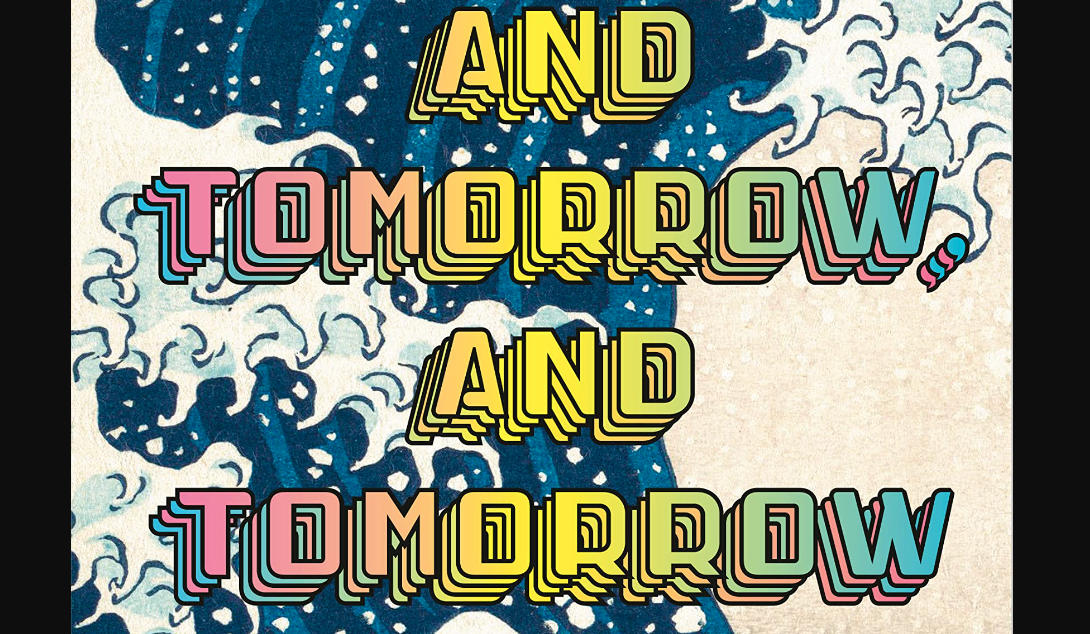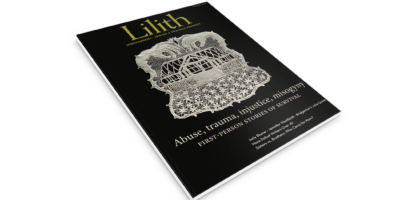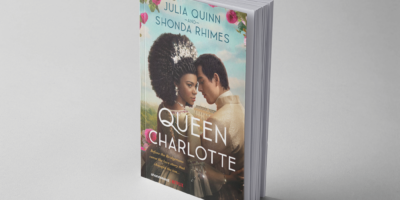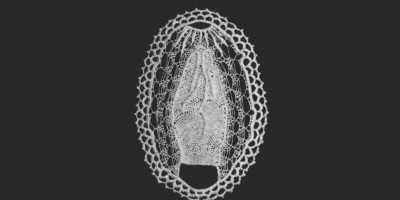
The Gaming Novel That Deserves All the Hype
Tomorrow, and Tomorrow, and Tomorrow (Knopf, $28.00) by Gabrielle Zevin was the breakout book of 2022. As a gaming novel, it makes for a surprising book club blockbuster. But it deserves all the hype, and more.
Sam Masur and Sadie Green’s friendship begins when, as tweens, they encounter each other in a Los Angeles hospital. Sam is in for a long stay after a terrible car accident that disabled him, and Sadie’s sister is being treated for cancer. (She lives). They find each other through gaming: as Sam recovers, he plays video games every day in the hospital’s lounge. Sadie joins him, enjoying both gaming and Sam’s expertise. Later, she gets permission to keep coming back to the hospital by wrangling a deal that the time spent with Sam counts toward her Bat Mitzvah service project. When Sam finds out about the latter part, he is humiliated, and it severs their friendship.
But Sam and Sadie reconnect when they’re in school at Harvard and MIT, respectively. Sam is a puzzle- and maze-designing misanthrope and Sadie is navigating the sexist world of 1990s computer science and video game design.
After playing a clever game that Sadie designed, Sam decides they need to create a video game together. With the help of Sam’s handsome and exceedingly normal roommate Marx Watanabe, they sequester themselves in Marx’s apartment and create Ichigo, a game that becomes a cult hit, launching the trio into stardom and its complications.
As someone who doesn’t play video games, I expected to find that aspect of the novel tedious. It was anything but. Zevin brings you in, and some of the best moments of the novel come in video game format, including an inventive and devastating extended chapter at the end that takes place in a video game universe.
Tomorrow, and Tomorrow, and Tomorrow’s central tension is in Sam and Sadie’s creative intimacy (a Jewish reader on Instagram called it a chevruta, a study pair, a meeting of the minds). They’re a little bit in love, but they often hate each other. Their closeness is both goldmine and fatal flaw.
Zevin, with mixed success, leaves the micro-world of Sam and Sadie’s relationship and explores the universe outside of it. There are marriages and deaths and births and a slightly overwrought, politically charged tragedy that pushes Sam and Sadie apart again. The ebb and flow of this friendship—with frequent resets—itself resembles a video game. Tomorrow is at its strongest when Sam and Sadie allow their relationship to be reborn, so that they can create and play together, illustrating the joy and frenzy of making things with people you love.
The novel takes its title from the soliloquy in Macbeth, beginning: “Tomorrow, and tomorrow, and tomorrow,/ Creeps in this petty pace from day to day,/ To the last syllable of recorded time…” Marx, in a complicated partnership and triad with Sam and Sadie, says: “What is a game?’… It’s tomorrow, and tomorrow, and tomorrow. It’s the possibility of infinite rebirth, infinite redemption. The idea that if you keep playing, you could win. No loss is permanent, because nothing is permanent, ever.”
Catie Stewart works in political communications and lives in San Francisco.






